SUMMARY
This is AI generated summarization, which may have errors. For context, always refer to the full article.
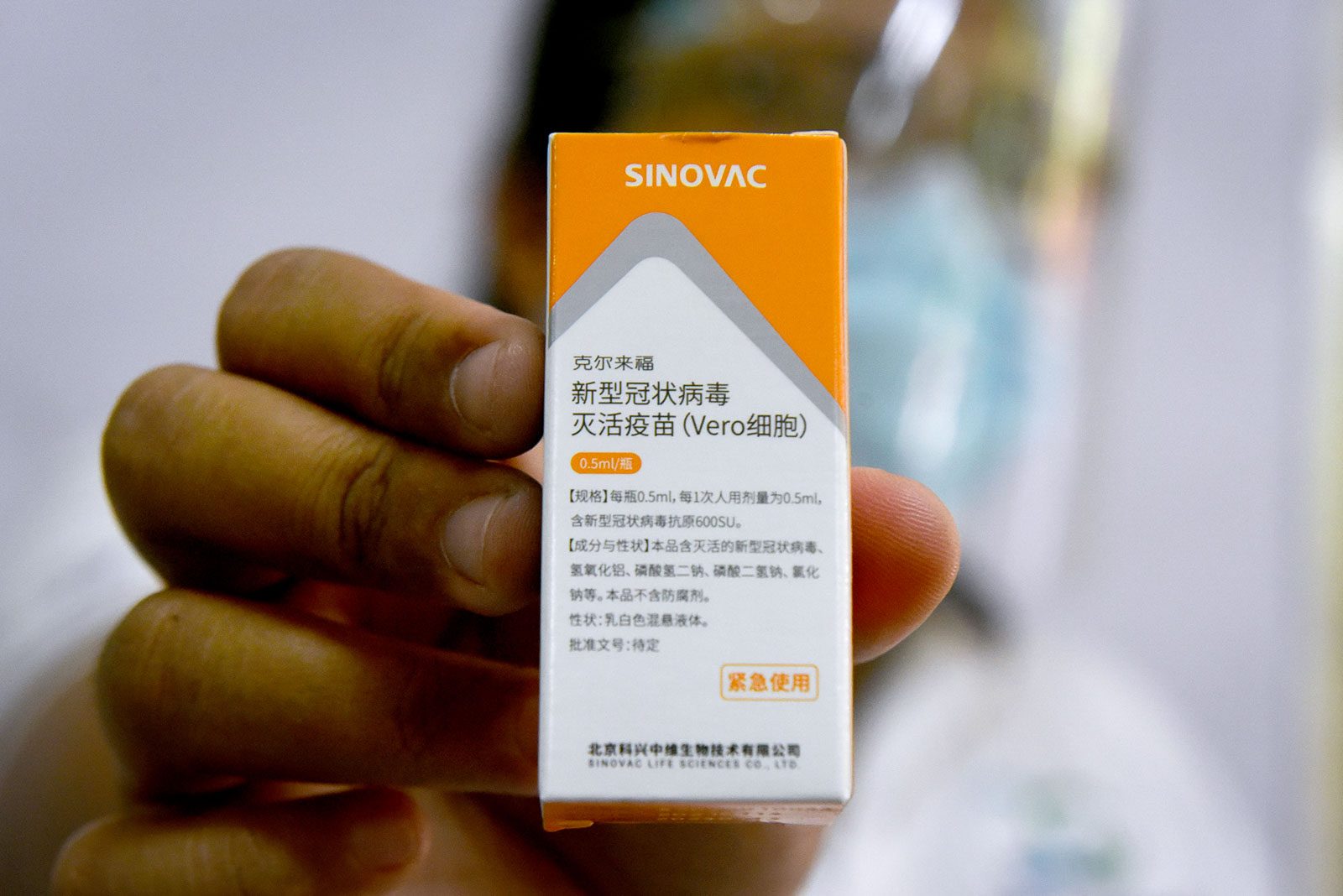

The Department of Health (DOH) said on Friday, June 18, that it is still completing its analysis of the report that hundreds of Indonesian health workers still contracted COVID-19 despite getting Sinovac jabs.
DOH spokesperson Undersecretary Maria Rosario Vergeire said that this in a press briefing, when asked about a report that 350 Indonesian health workers who were administered with the Sinovac vaccine still got infected with the disease.
“Unang-una, very cautious tayo sa pag-i-interpret ng datos, kasi kapag tiningnan natin, hindi kumpleto ang kanilang datos. Even our experts read and reviewed this, at marami pa tayong hinahanap na datos to complete our analysis base sa kanilang report,” Vergeire said.
(First of all, we’re very cautious in interpreting the data, because if we look at it, their data is not complete. Even our experts read and reviewed this, and we are still looking for data to complete our analysis based on their report.)
The outbreak in the district of Kudus in central Java is believed to be driven by the Delta variant.
Vergeire said the DOH cannot complete its analysis of the report on the Indonesia outbreak among vaccinated medical personnel as the report did not indicate whether there was a controlled group. It was also not clear how many healthcare workers in Indonesia received the Sinovac jab.

“One expert was saying that there are 5,000 healthcare workers in Indonesia. But the fact of the matter would be that it was reported 300 got sick, and 300/5000 would be around 2% to 3% and that leaves you 97% effectiveness of this vaccine,” she explained in a mix of English and Filipino.
In an interview with DZMM’s TeleRadyo on Friday morning, health expert Dr. Rontgene Solante said that workers in Indonesia may have caught COVID-19 despite being vaccinated because they have higher risk of exposure to the disease due to their occupation.
Vaccines work
On June 1, the World Health Organization (WHO) approved the Sinovac vaccine for emergency use listing (EUL), paving the way for a second jab to be used on populations of poor countries.
A WHO emergency listing is a signal to national regulators on a product’s safety and efficacy. It also allows the shot to be included in the COVAX facility, the global program to provide vaccines mainly for poor countries, which faces major supply problems due to an Indian export suspension.
“The real world studies, all vaccines are equally effective. This means it can prevent severe infections and hospitalization,” Vergeire said in a mix of English and Filipino.
She noted that Sinovac vaccine has been included in the WHO’s EUL and that the drug maker would release its data on its vaccine effectiveness against new variants of COVID-19.
“Ang bottom line for this would be lahat ng bakuna natin ay naapektuhan ‘yan ng variants, pero may natitira pa rin na pagprotekta sa atin (all vaccines have been affected by variants, but these still can protect us),” Vergeire explained.
“So let’s get the vaccine. Let’s not be doubtful. Let’s give that confidence kahit na may lumalabas na mga ganitong balita, ‘yan pong mga bakuna ay isa sa mga susi para labanan natin ang pandemya (even though there are such reports, vaccines are one of the keys to fight the pandemic),” she added.
The Philippines, which is suffering one of the worst outbreaks in Southeast Asia is heavily reliant on Sinovac supplies to vaccinate its population. Of the 14,205,270 vaccine doses in the country, 9 million are Sinovac shots.
The Pfizer vaccine is the second most preferred vaccine among Filipinos, after the Sinovac vaccine, according to a Social Weather Stations survey. – Rappler.com
Add a comment
How does this make you feel?
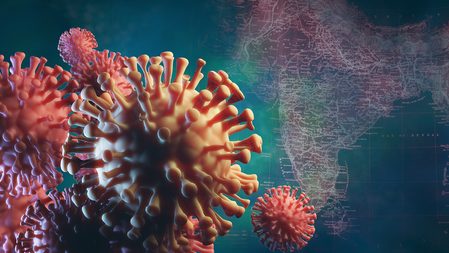

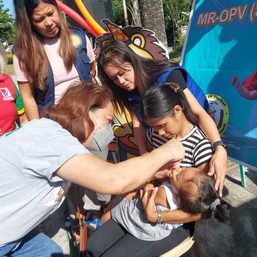
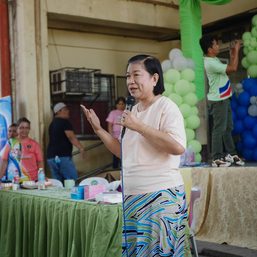
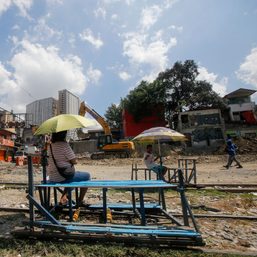
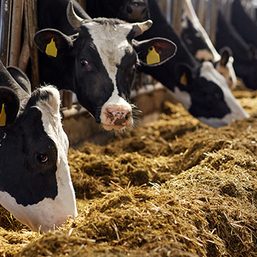
There are no comments yet. Add your comment to start the conversation.